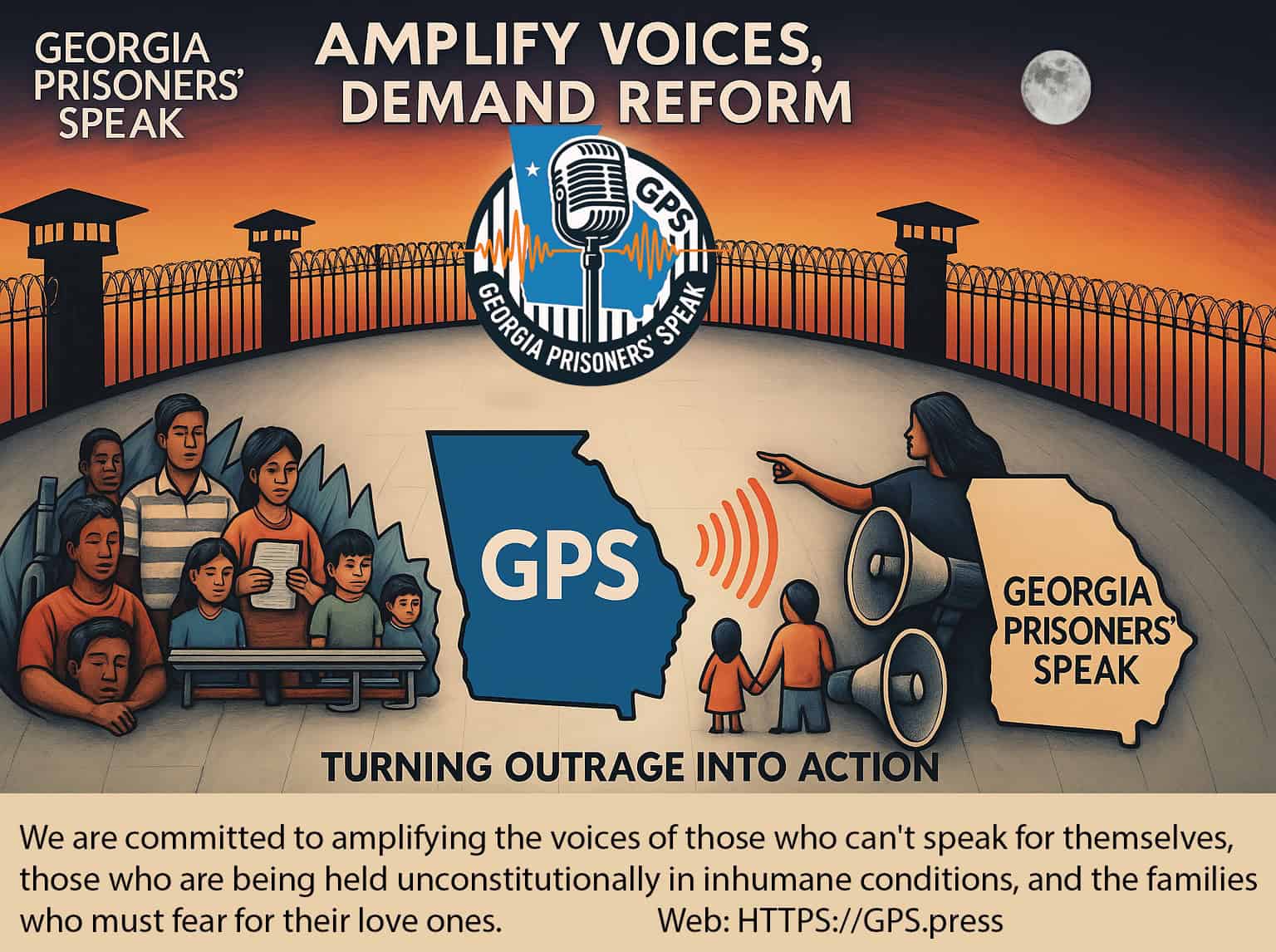Legislators receive thousands of emails. Staffers spend 30 seconds deciding which ones matter. Your email competes with lobbyists, constituents, and form letters. The emails that get read share common traits: they’re personal, specific, timely, and brief. Generic template messages get deleted. Stories with specific asks get forwarded to the legislator. Here’s how to write emails that actually get read. 1
Essential Elements
Effective advocacy emails include:
- Identify yourself as a constituent—include your full name and address
- State your purpose immediately—first sentence should make your ask clear
- One issue per email—multiple topics dilute your message
- Personal connection—why this issue matters to you specifically
Three paragraphs maximum: who you are, what you want, why it matters.
Timing Matters
Strategic timing increases impact:
- Before key votes—when legislators are making decisions
- During committee hearings—when issues are under discussion
- After relevant news—when the issue is in public consciousness
- Follow up in two weeks—polite persistence gets results
Track legislative calendars. Time your emails when they’ll matter most. 2
What to Avoid
Common mistakes that get emails ignored:
- Generic templates—staffers recognize and delete mass mailings
- Multiple attachments—security concerns mean they won’t be opened
- Aggressive tone—professional communication gets professional responses
- No specific ask—what exactly do you want them to do?
Your email should be unique, personal, and actionable.
Take Action
Use Impact Justice AI to craft effective advocacy emails for Georgia prison reform. The free tool helps create personalized, professional messages that get read—no experience required.
The platform helps with:
- Personalized messaging based on your situation
- Data integration from DOJ findings
- Contact information for decision-makers
- Follow-up tracking
Further Reading
- Questions to Ask Legislators on Prison Reform
- Why Audience Matters in Advocacy Emails
- GPS Informational Resources
- Pathways to Success
About Georgia Prisoners’ Speak (GPS)
Georgia Prisoners’ Speak (GPS) is a nonprofit investigative newsroom built in partnership with incarcerated reporters, families, advocates, and data analysts. Operating independently from the Georgia Department of Corrections, GPS documents the truth the state refuses to acknowledge: extreme violence, fatal medical neglect, gang-controlled dorms, collapsed staffing, fraudulent reporting practices, and unconstitutional conditions across Georgia’s prisons.
Through confidential reporting channels, secure communication, evidence verification, public-records requests, legislative research, and professional investigative standards, GPS provides the transparency the system lacks. Our mission is to expose abuses, protect incarcerated people, support families, and push Georgia toward meaningful reform based on human rights, evidence, and public accountability.
Every article is part of a larger fight — to end the silence, reveal the truth, and demand justice.

